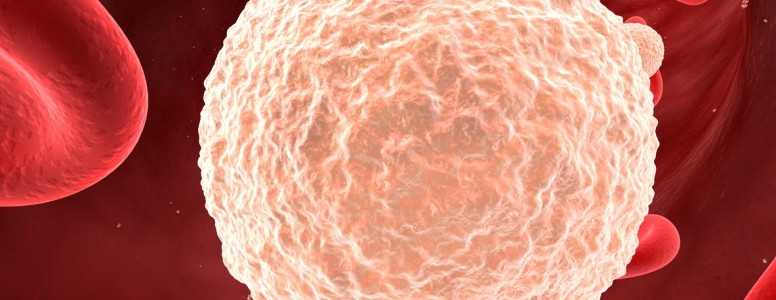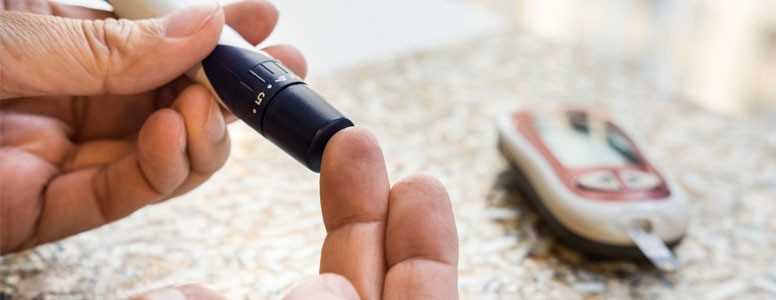Japanese scientists have found a way to genetically defuse risks associated with certain gut T helper type 17 (Th17) cells getting involved in undesirable immune responses.
The activity of Th17 cells can be beneficial during infection. However, uncontrolled or inappropriate Th17 action has been linked to several autoimmune diseases, including type 1 diabetes.
This study brings to light a potential genetic manipulation in these cells that can decrease the likelihood of their participation in immune attacks.
In the journal Nature Communications, researchers explain that the idea is to alter the DNA sequence of Th17 cells before they get activated by the rest of the immune system and turn against self.
At the Okinawa Institute of Science and Technology (OIST) Graduate University, they identified a molecule named JunB whose absence from the Th17 cell DNA stops the immune cell from going rogue.
Under normal circumstances, JunB coordinates the action of Th17 cells in releasing pro-inflammatory cytokine molecules, called interleukins, that are directed against a bacterial or fungal infection.
Th17 cells can, however, get inadvertently activated to attack healthy tissues instead of fighting off an infection through the command of one cytokine molecule called interleukin-23.
IL-23 is what ordinarily signals an infection to the Th17 cells by binding to relevant receptors on their surface. In autoimmune diseases, IL-23 act instead as an “enabler” that pushes Th17 cells to get involved when they aren’t supposed to.
As it turns out, disabling JunB from the mice’s Th17 cells’ DNA shuts down this entire process. The reason for this is that JunB is capable of turning on and off the gene coding for the aberrant activation of Th17 cells by IL-23.
The experiment ultimately showed that the Th17 cells of mice that lacked JunB did not impact the immune system in any negative way and those same cells retained their ability to fight infections.
What's new on the forum? ⭐️
Get our free newsletters
Stay up to date with the latest news, research and breakthroughs.




